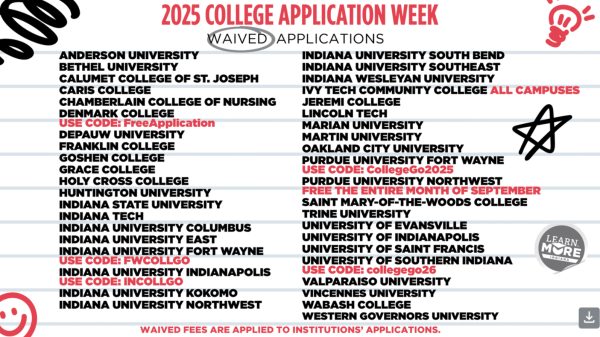A New Minimum
It is very telling that despite two-thirds of Americans supporting a $15 minimum wage, over half of the Senate continues to vehemently oppose it. At the beginning of March, the United States Senate voted on whether or not to include a $15 minimum wage in the 1.9 trillion dollar COVID-19 relief bill. However, this provision failed to pass 58-42, with all Republicans and a number of Democratic defectors voting against the increase. This vote—without another one on the horizon—could have potentially meant life and death for the millions of Americans that find themselves in deep poverty (now being further exacerbated by the COVID-19 pandemic’s economic impact).
Compared to the last federal minimum wage increase in 2009, the current minimum wage is less than it was then due to inflation (the 2009 minimum wage would be worth $8.70 today). This is far less than it was in 1968, which would equate to $10.54 an hour today. This was in 1968, over half a century ago. If the minimum wage had kept up with workers’ productivity, the adjusted minimum wage would be a whopping $24 an hour. This undoubtedly makes $15 an hour appear more modest.
Raising the federal minimum wage to $15 by 2025 would raise the wages of more than 32 million workers and lift up to 3.7 million out of poverty according to the Economic Policy Institute. This is monumental. However, a common argument that tries to delegitimize the minimum wage increase is that prices would go haywire and the economy would freefall. On Twitter, Jordan Rachel, a Turning Point USA contributor, remarked on Jan. 16, “If you want $15 minimum wage, don’t complain when your Taco Bell order costs $38 for a burrito.” However, this is a nasty misconception and a poor attempt to oppose legislation that would undoubtedly improve millions of lives. Historically, according to the W. E. Upjohn Institute for Employment Research, whenever there has been a minimum wage increase, a 10% increase in the minimum wage only raised prices by 0.36%, a far cry from Rachel’s tweet. For only a third of a percent, the lives of so many Americans could be vastly improved. American workers deserve to share the benefits of the economic growth they contribute to.
Some will claim that businesses will collapse to the ground if they are forced to pay their workers $15 an hour. However, if your business cannot provide workers with a livable wage, your business should not be employing. Additionally, claims such as these ignore any increased worker productivity as the result of being paid more, which would possibly make up for lost workers. Many of those against the minimum wage increase also argue that only high schoolers work minimum wage or hourly jobs and since they are just kids, they do not deserve $15 an hour. After all, what kid needs $15 an hour? Firstly, not only teenagers are paid at hourly rates. People under the age of 25 only make up a small fifth of hourly paid workers, according to the Bureau of Labor Statistics. Secondly, why would this matter? Do teenage workers not deserve the same hourly wages as their adult counterparts despite doing equal work? Many teenagers, some of whom even go to Center Grove, are not working for themselves to get some extra pocket change or save up for college. Some are working because they have to in order to support their family. This is yet another reason why the federal minimum wage must be increased: to support those who have to support others.
However, some people would be upset if their workplace, where they worked up to a $15 hourly wage, suddenly gave all employees the same pay. Nevertheless, this would actually be a benefit for those workers. Because of every employee now being paid $15 an hour, you would have more bargaining power due to tenure and experience. You could hypothetically pack up your bags and go anywhere else, and your employer would be acutely aware of this. This epiphany would result in many employers simply readjusting their pay scale upward to reflect a change in the minimum wage. Additionally, contrary to what many believe, raising the minimum wage likely would not dramatically decrease employment through the creation of a price floor. Historical increases in the minimum wage have not seen conclusive evidence of this, and arguments over this issue by economists are relatively split down the middle. Regardless, raising the minimum wage would certainly be a net positive.
A minimum wage increase is critical for American workers. However, simply raising the minimum wage should not be the end goal. We must also aim to provide a greater education and better equip students for the future, as well as enact many reforms to increase American quality of life as a whole. But for now, a minimum wage increase would be a great stride in the right direction and set a positive precedent.
Your donation will support the student journalists of Center Grove High School. Your contribution will allow us to purchase equipment and cover our annual website hosting costs.








